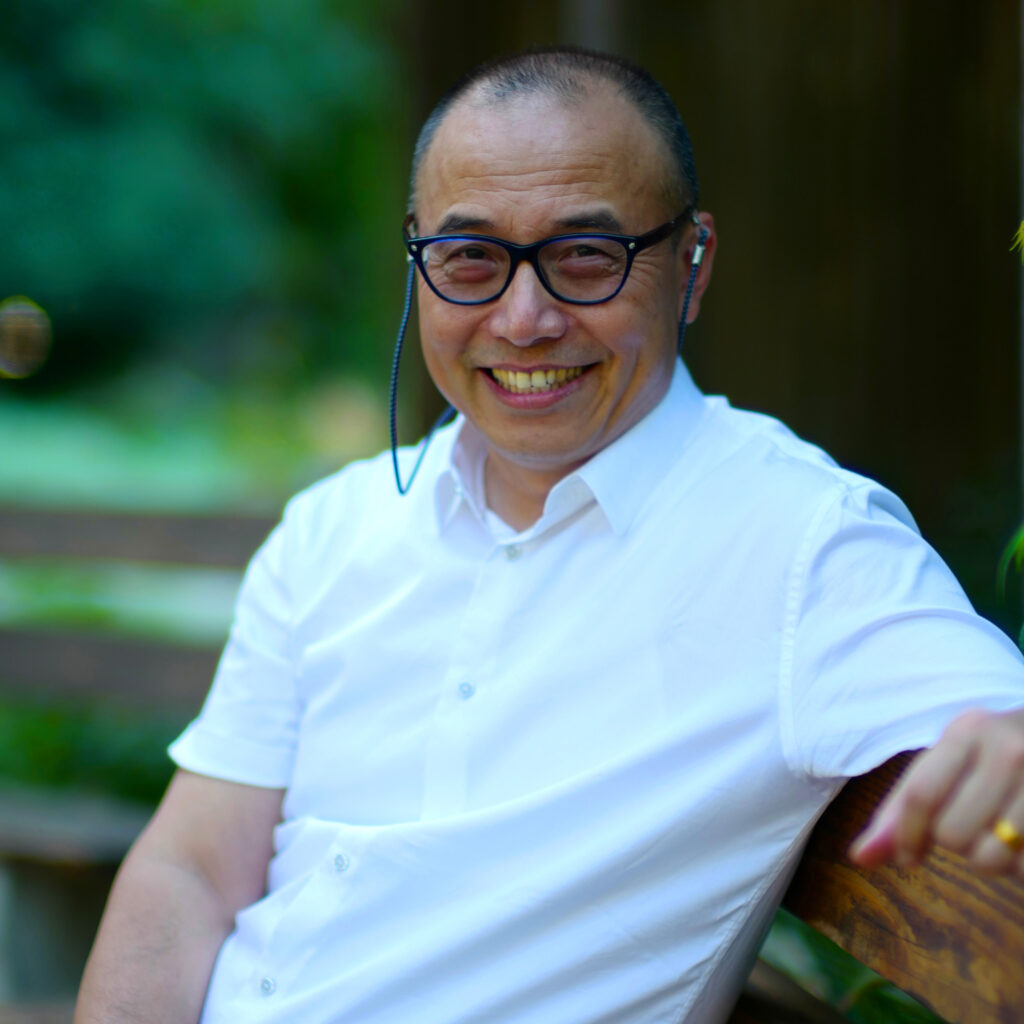Institute Co-Directors
Karin Meyers
Karin Meyers earned a Ph.D. from the University of Chicago Divinity school in 2010 with a focus on free will in South Asian Buddhist philosophy. She served as Academic Director of Mangalam Research Center from 2020-2024 and is currently Senior Professorial Lecturer at American University in Washington, DC. From 2011-2018, she taught at Rangjung Yeshe Institute in Nepal, where she directed the Masters Program in Buddhist Studies. Her work brings Buddhist philosophical perspectives to bear on cross-cultural and interdisciplinary inquiry into fundamental metaphysical, epistemological, and ethical questions, including the climate and ecological crisis. She is currently editing a volume based on the 2022 NEH Summer Institute, The Imagination and Imaginal Worlds in the Mirror of Buddhism, forthcoming from Mangalam Press in 2025. She has practiced in Theravada, Tibetan, and Zen Buddhism, and for the last several years has been involved in the Buddhist climate movement.
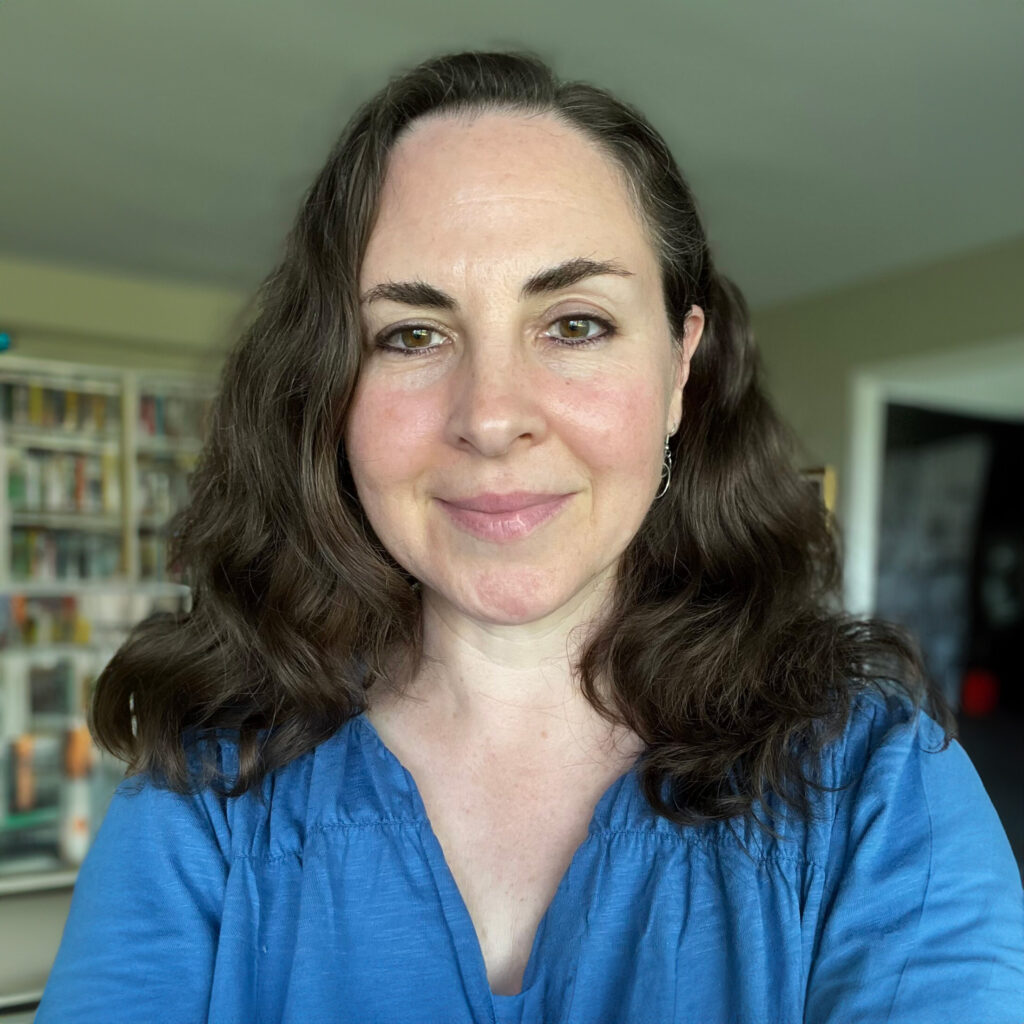
William S. Waldron
Bill Waldron got his Ph.D. from the University of Wisconsin, Madison, in 1990 after extensive travel and study in Asia with Indian, Tibetan, Chinese, and Japanese scholars, including three years at Ōtani University in Kyoto, Japan. He has been teaching courses at Middlebury College since 1996 on Indian and Tibetan Buddhism, comparative philosophies of mind, and theories and methods in the study of religion. His research focuses on the Yogācāra school of Indian Buddhism, especially in dialogue with contemporary thought. He published The Buddhist Unconscious: Ālaya-Vijñāna in the Context of Indian Buddhist Thought (2003), and Making Sense of Mind-Only (2023). He regularly gives talks and workshops on Yogācāra and contemporary topics at Dharma study groups in America and Asia.
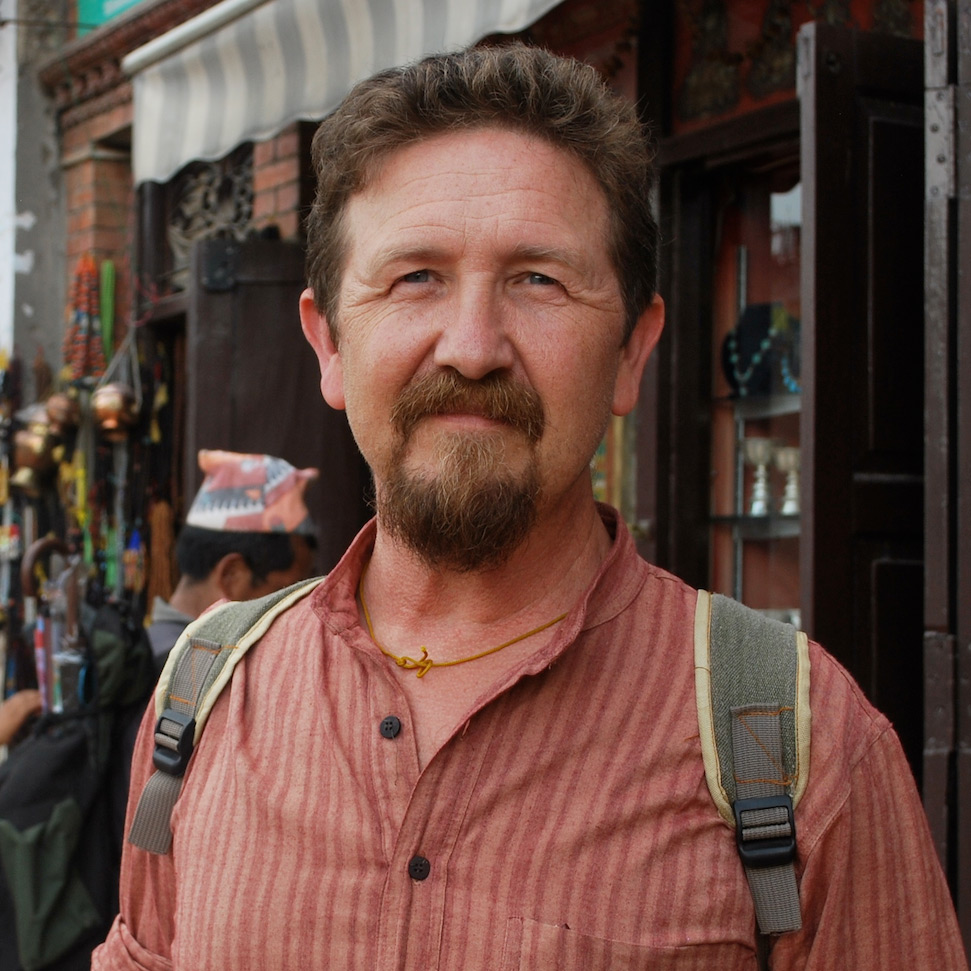
Institute Faculty
Natalie Avalos
Natalie Avalos is an assistant professor of Native American and Indigenous Studies in the Ethnic Studies department at University of Colorado Boulder. She is an ethnographer of religion whose teaching and research examine Indigenous religious life, land-based ethics, healing historical trauma, and decolonization. She received her Ph.D. in Religious Studies from the University of California at Santa Barbara with a special focus on Native American and Indigenous Religious Traditions and Tibetan Buddhism and is currently working on her manuscript titled Decolonizing Metaphysics: Transnational Indigeneities and Religious Refusal, which explores urban Indigenous and Tibetan refugee religious life as decolonial praxis. She is a Chicana of Mexican Indigenous descent, born and raised in the Bay Area.
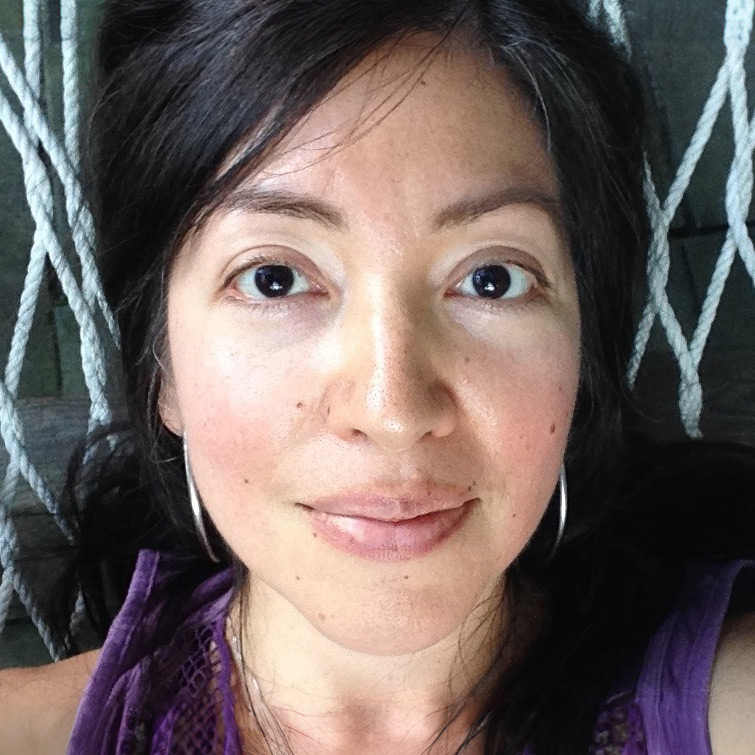
Eyal Aviv
Eyal Aviv is interested in Buddhist philosophy and intellectual history. He studies the intersections between early Buddhist philosophy, especially the Abhidharma and the Yogacara traditions, and contemporary philosophy. His interests include topics such as philosophy of mind, cognitive science, ethics, and contemplative practices. His intellectual history research focuses on religion in the modern period, especially the Buddhist Renaissance in modern China. In addition, he is also interested in the way the Yogacara school was received and developed in pre-modern China. His current book project explores the role of Indian Buddhist philosophy in the formation of modern Chinese Buddhist thought.
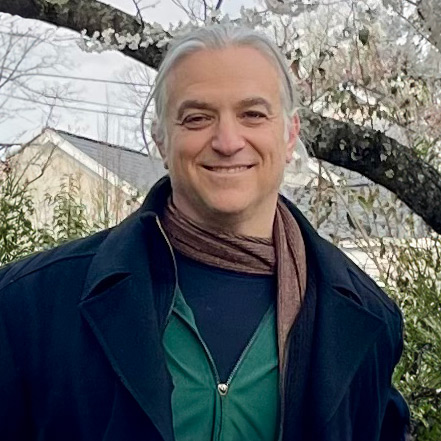
Geoff Barstow
Geoffrey Barstow received his PhD in Tibetan Studies from the University of Virginia and is now an Associate Professor at Oregon State University. His research focuses on the history of vegetarianism on the Tibetan plateau, asking questions about how animals were viewed, how they were treated (ie: eaten), what that can tell us about Tibetan Buddhism, and how these conversations about animal ethics within Tibetan Buddhism might impact broader discussions of animals across the world.
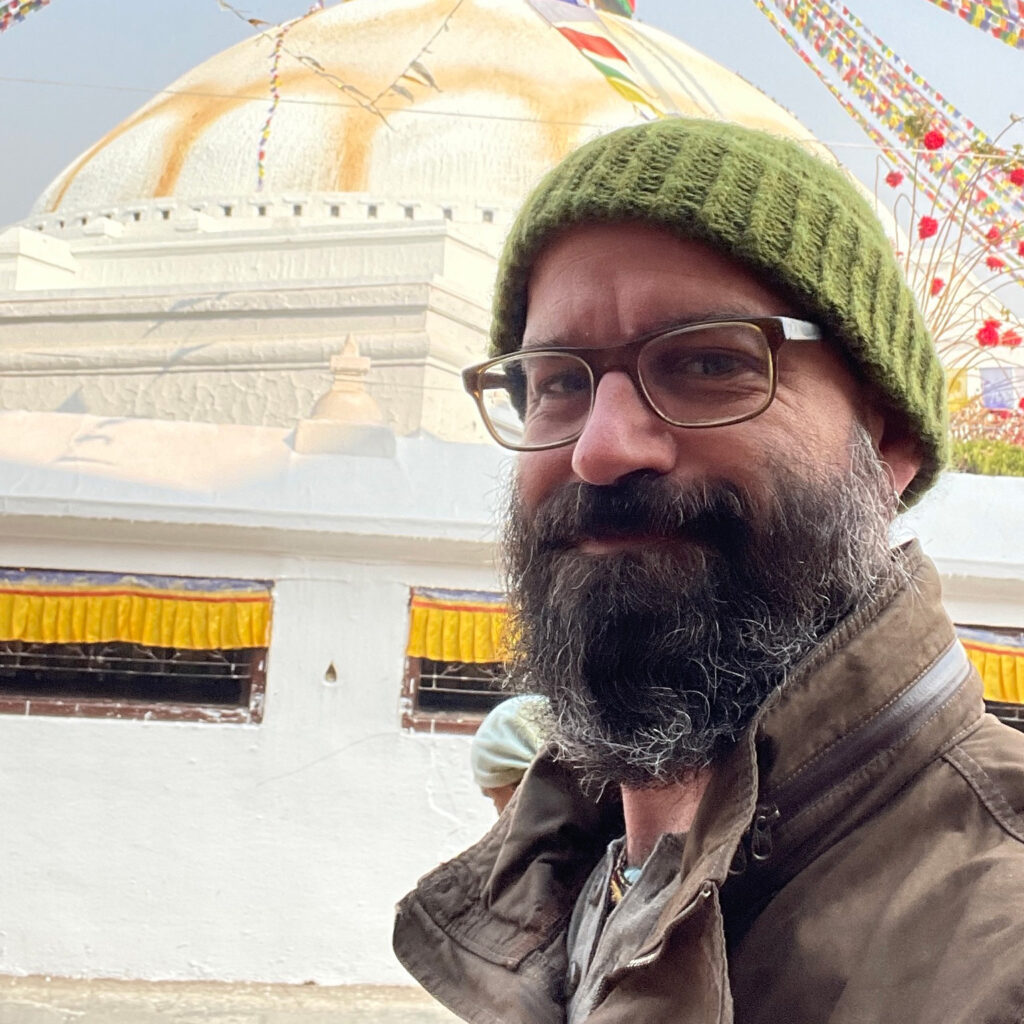
Santacitta Bhikkhuni
Santacitta Bhikkhuni was born in Austria and did her graduate studies in Cultural Anthropology, focusing on dance, theatre and ritual. She also worked in avant-garde dance theatre as a performer and costume designer. In 1988 she met Ajahn Buddhadasa in southern Thailand, who sparked her interest in Buddhist monastic life. She trained as a nun in England and Asia from 1993 until 2009, primarily in the lineage of Ajahn Chah. Since 2002, she has also received teachings in the lineage of Dilgo Khyentse Rinpoche.
Santacitta Bhikkhuni co-founded Aloka Vihara in 2009 and received Bhikkhuni Ordination in 2011. She is committed to Gaia as a living being and resides at Aloka Earth Room, currently located in San Rafael, CA.
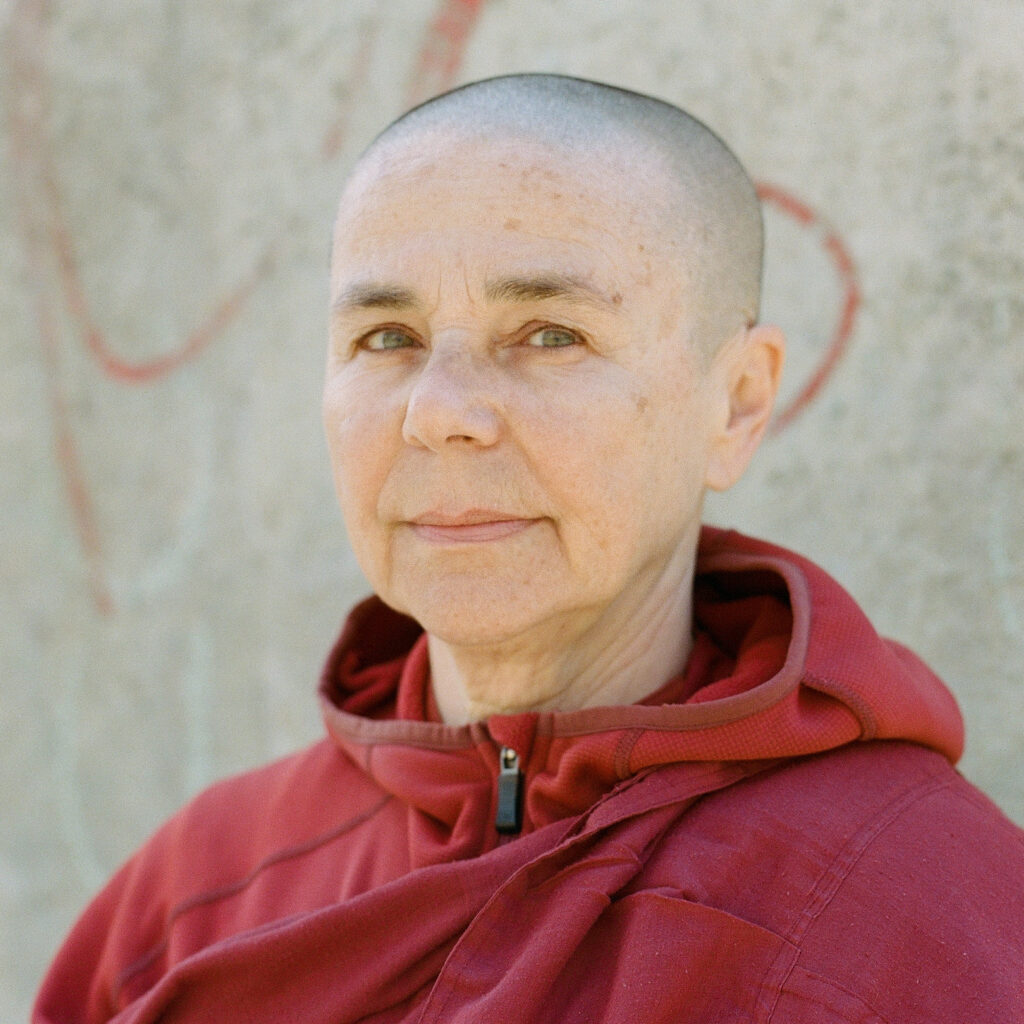
Dekila Chungyalpa
Dekila is the founding director of Loka Initiative, an award-winning capacity building and outreach platform at the University of Wisconsin–Madison for faith and Indigenous leaders working on environmental and climate issues. She is an experienced environmental program director, having designed and implemented global conservation and climate strategies and projects for over 25 years. Known as an innovator in the field, Dekila has expertise in faith-led environmental and climate partnerships, biodiversity landscape and river basin strategy, community-based conservation, and climate resilience. In 2008, she helped establish Khoryug, an association of over 50 Tibetan Buddhist monasteries and nunneries implementing environmental projects across the Himalayas under the auspices of His Holiness the 17th Karmapa. In 2009, Dekila created WWF Sacred Earth, a pilot program at the World Wildlife Fund to work with faith leaders and religious institutions in the Amazon, East Africa, Himalayas, Mekong, and the US, for which she received the prestigious Yale McCluskey Award. In 2019, Dekila launched the Loka Initiative in partnership with Center for Healthy Minds and 6 other institutions at UW-Madison. Dekila is the daughter of the late Tsunma Dechen Zangmo, a Tibetan Buddhist nun and teacher, and belongs to the Karma Kagyu lineage of Tibetan Buddhism.
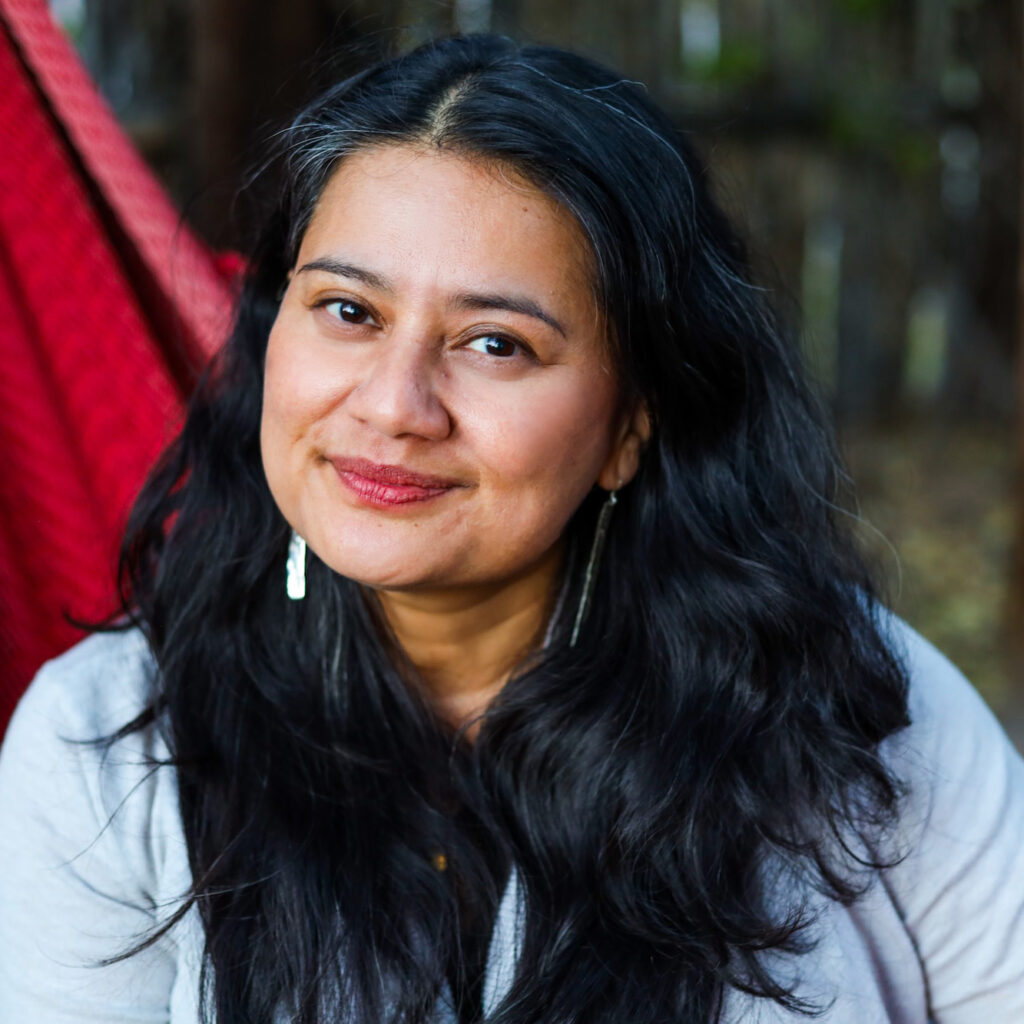
Susan M. Darlington
Susan M. Darlington, professor emerita at Hampshire College, received a B.A. in anthropology and history from Wellesley College and an M.A. and Ph.D. in anthropology from the University of Michigan. Her research, based on extensive ethnographic fieldwork in northern Thailand, examines the work of Buddhist monks engaged in rural development, environmental conservation, and other forms of social activism. The broader questions she addresses in her research and teaching include understanding the changing social, political, and historical contexts of religion, environmentalism, and human rights, and the creative use of ritual for social change. taught environmental anthropology, Buddhist studies, and Asian studies at Hampshire College from 1990 to 2020. She served as president of Deep Springs College in California from 2020-2023. Darlington has written many articles and a book, The Ordination of a Tree: The Buddhist Environmental Movement in Thailand (SUNY Press, 2012), which was published in Thai by Suan Nguen Mii Maa, Bangkok, Thailand, in 2015. In addition to teaching, Darlington led study abroad programs to the Central University of Tibetan Studies in India and to Nan Province, Thailand.
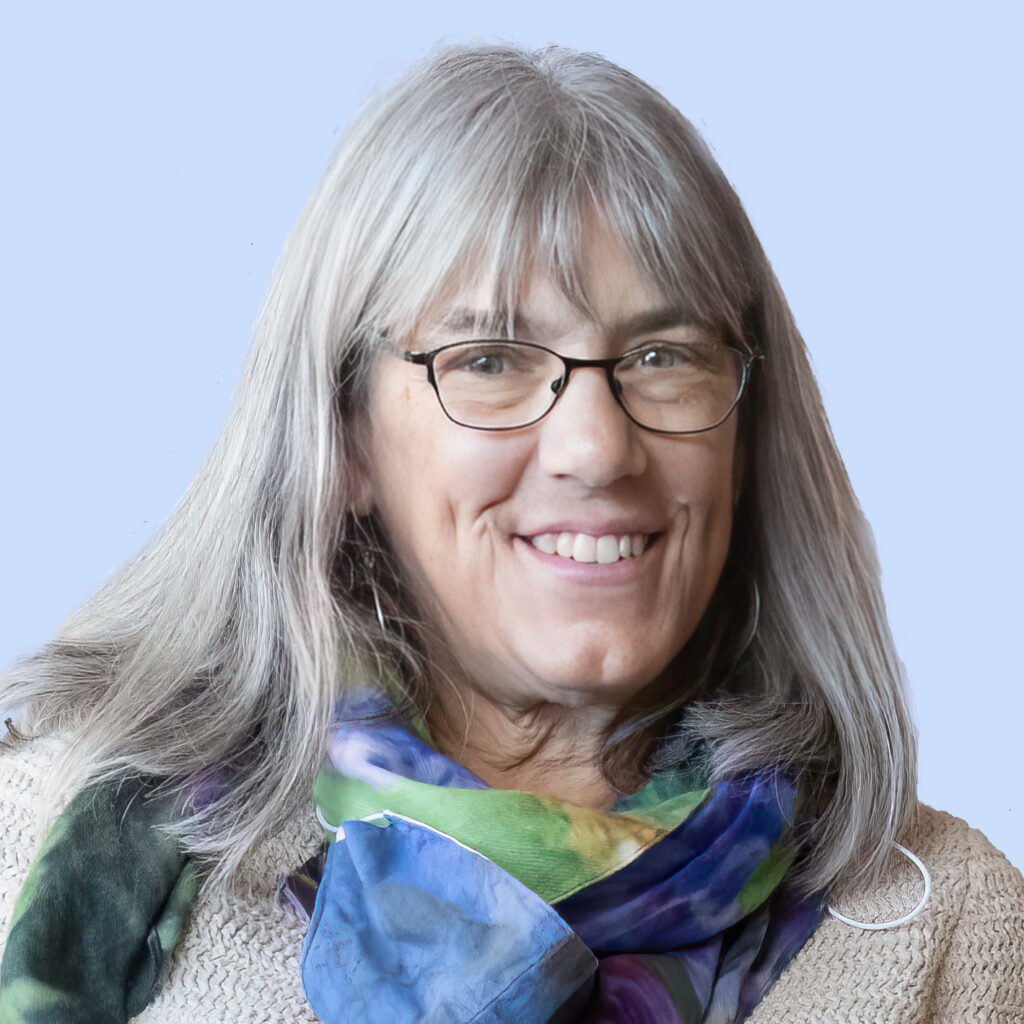
William Edelglass
William Edelglass is Director of Studies at the Barre Center for Buddhist Studies. His writing and teaching engage Buddhist studies, environmental humanities, and philosophy. William’s recent publications have addressed the bodhisattva path and ethics; the ethics of difference and climate change; B. R. Ambedkar’s Buddhist political thought; non-violence and justice; Buddhist environmental ethics and Buddhist landscapes; the role of faith in Indian Buddhist literature on the path; and apophatic language and Buddhist practice. His most recent book is The Routledge Handbook of Indian Buddhist Philosophy, co-edited with Sara McClintock and Pierre-Julien Harter. For more than a decade, William served as co-editor of the journal Environmental Philosophy and also as chair of the International Society of Environmental Philosophy. William is Associate Professor of Philosophy at Emerson College, in Boston (on a seven-year leave of absence). Previously, William was Professor of Philosophy at Marlboro College; Director of the Tibetan Studies Program at Smith College; and Visiting Professor at the Institute for Buddhist Dialectics, in Dharamsala, India. He also regularly teaches retreats at Buddhist dharma centers. William lives with his family on a homestead in southeastern Vermont.
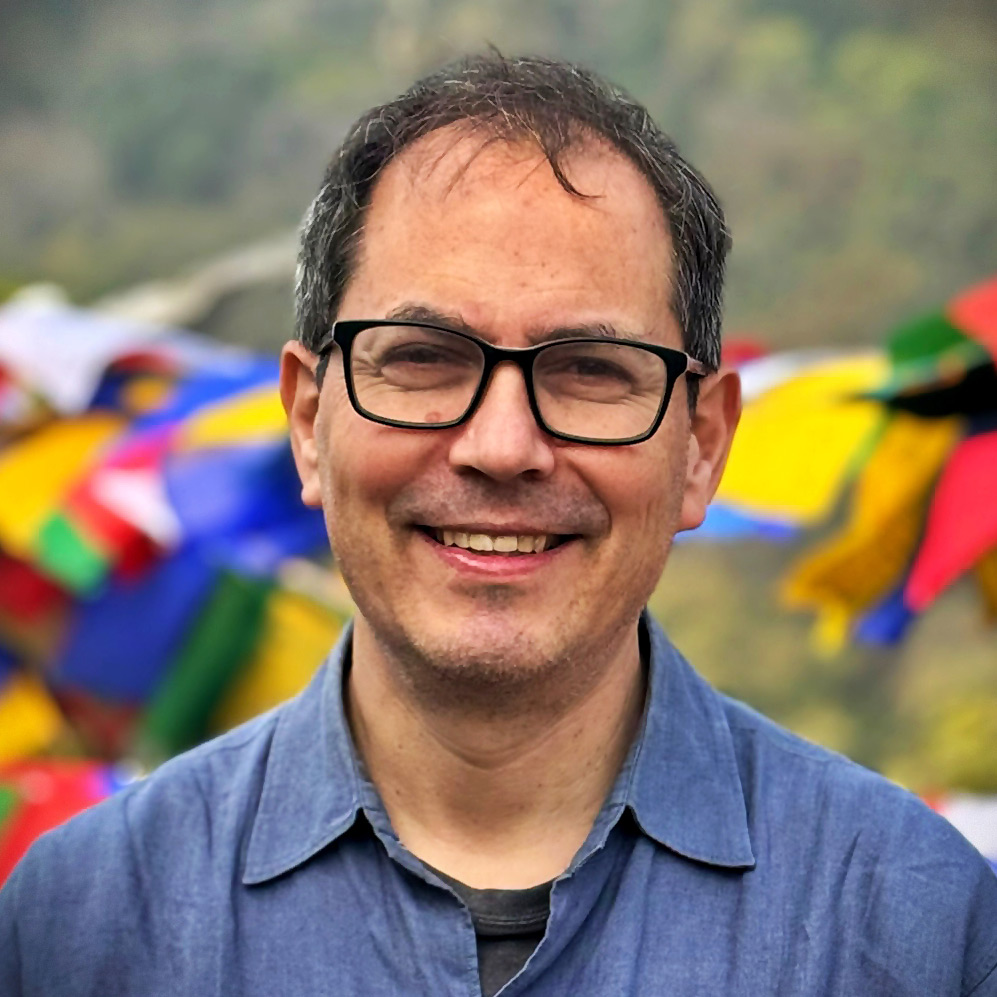
Janet Gyatso
Janet Gyatso is a scholar in Buddhist studies with concentration on Tibet. Her PhD is from University of California at Berkeley in Buddhist Studies. Her books include a study of Tibetan autobiography, and an intellectual history of medicine in early modern Tibet. She has also been writing on memory; sex and gender; and on the current female ordination movement in Buddhism. Gyatso is a member of the American Academy of Arts and Sciences. She was president of the International Association of Tibetan Studies and co-chair of the Buddhism Section of the American Academy of Religion. Gyatso is Harvard Divinity School’s first Hershey Professor of Buddhist Studies. Her present research and book project focus on animal ethics.
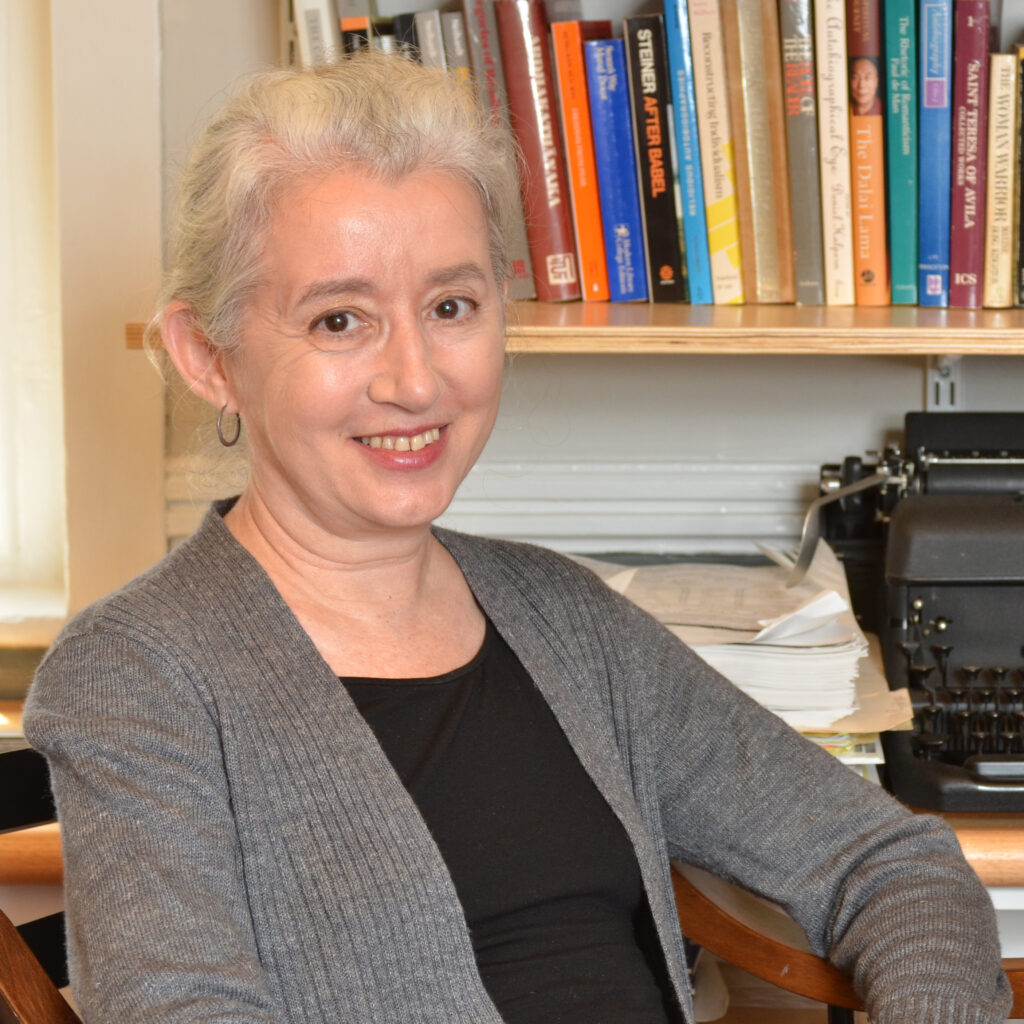
Leah Kalmanson
Leah Kalmanson is an Associate Professor and the Bhagwan Adinath Professor of Jain Studies in the Department of Philosophy and Religion at the University of North Texas. She received her Ph.D. in philosophy from the University of Hawai‘i at Mānoa in 2010. She is the author of Cross-Cultural Existentialism (2020) and co-author with Monika Kirloskar-Steinbach of A Practical Guide to World Philosophies (2021). Her essays appear in journals including Comparative and Continental Philosophy, Continental Philosophy Review, Frontiers of Philosophy in China, Hypatia, Journal of Chinese Philosophy, Journal of World Philosophies, Philosophy East & West, Pragmatism Today, Religion, Shofar, Studies in Chinese Religions, and Teaching Philosophy, as well as the digital magazine Aeon.
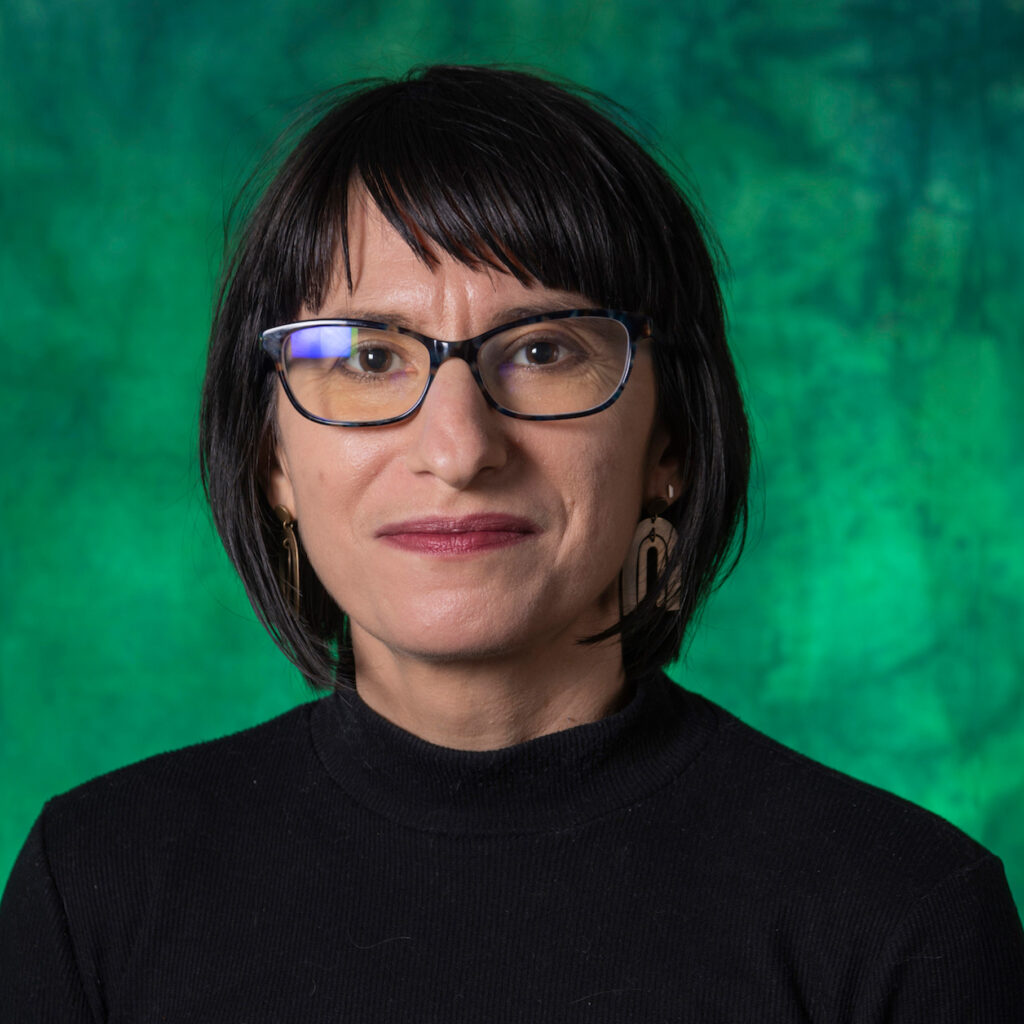
David Loy
David Robert Loy is a professor, writer, and teacher in the Sanbo Zen tradition of Japanese Zen Buddhism. He is a prolific author, whose essays and books have been translated into many languages. His articles appear regularly in Buddhist magazines including Tricycle, Lion’s Roar, and Buddhadharma, as well as in a variety of scholarly journals. A recent book is Ecodharma: Buddhist Teachings for the Ecological Crisis (Wisdom Publications, 2019. Many of his writings, as well as audio and video talks and interviews, are available on his website: www.davidloy.org. David is one of the founders of the Rocky Mountain Ecodharma Retreat Center in the mountains above Boulder, Colorado.
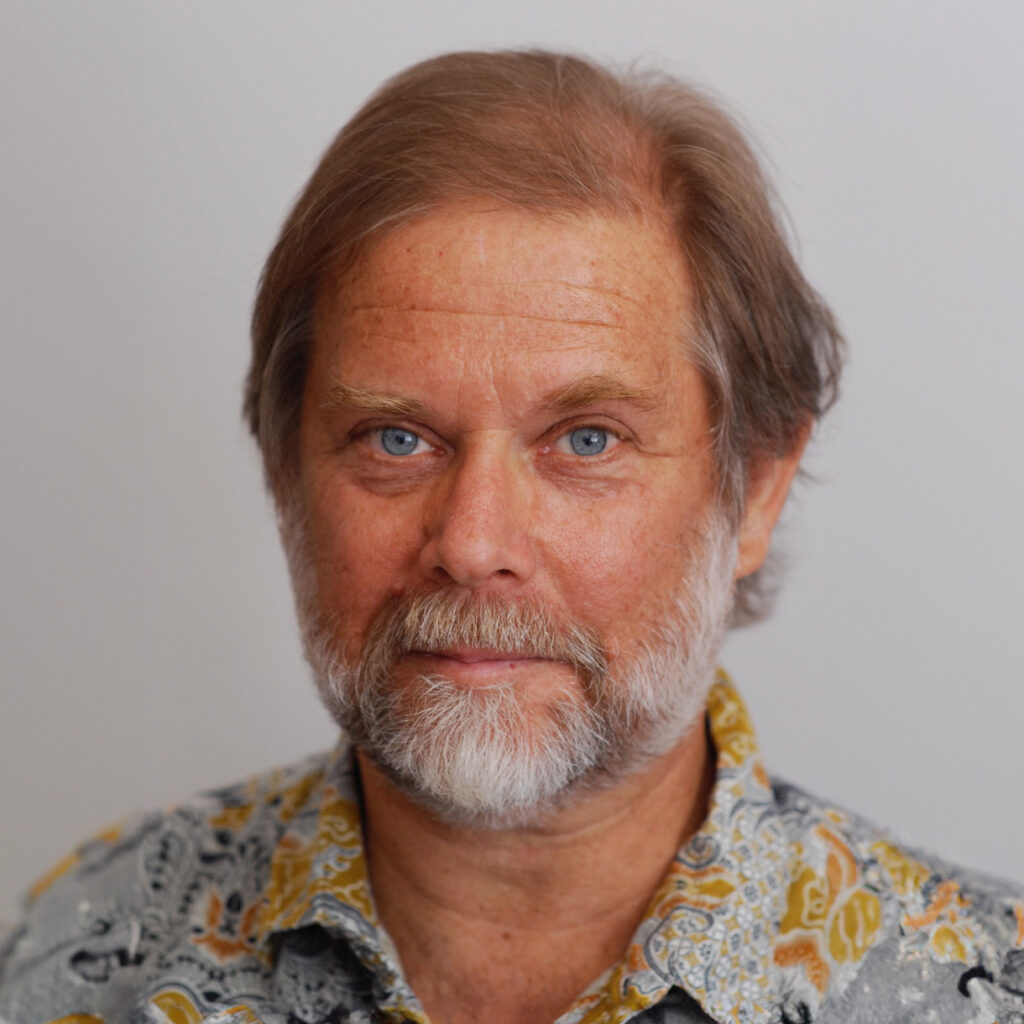
Hozan Alan Senauke
Sadly, Hozan Alan Senauke, former abbot of the Berkeley Zen Center and founder of the Clear View Project passed away on December 22, 2024. He will be greatly missed in our program. You can read about his life and work in service of peace and justice here.
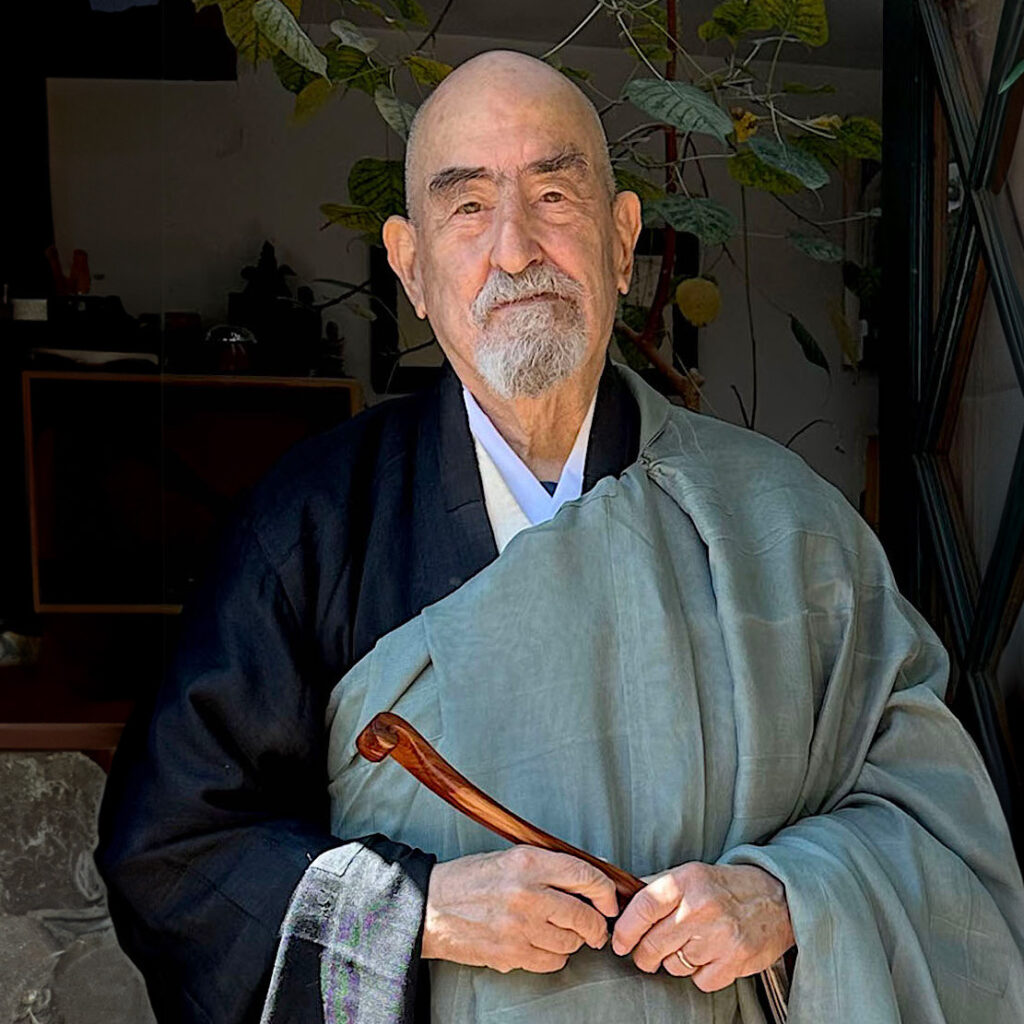
Jason Wirth
Dr. Jason M. Wirth is professor and chair of philosophy at Seattle University and works and teaches in the areas of Continental Philosophy, Buddhist Philosophy, Aesthetics (especially film, painting, poetry, and the novel), and Environmental Philosophy. His recent books include Nietzsche and Other Buddhas: Philosophy after Comparative Philosophy (Indiana 2019), Mountains, Rivers, and the Great Earth: Reading Gary Snyder and Dōgen in an Age of Ecological Crisis (SUNY 2017), Schelling’s Practice of the Wild (SUNY 2015), and the co-edited volume (with Bret Davis and Brian Schroeder), Japanese and Continental Philosophy: Conversations with the Kyoto School (Indiana 2011). He is the associate editor and book review editor of the journal, Comparative and Continental Philosophy. He is currently completing a manuscript on the cinema of Terrence Malick as well as a work of ecological philosophy called Turtle Island Anarchy.
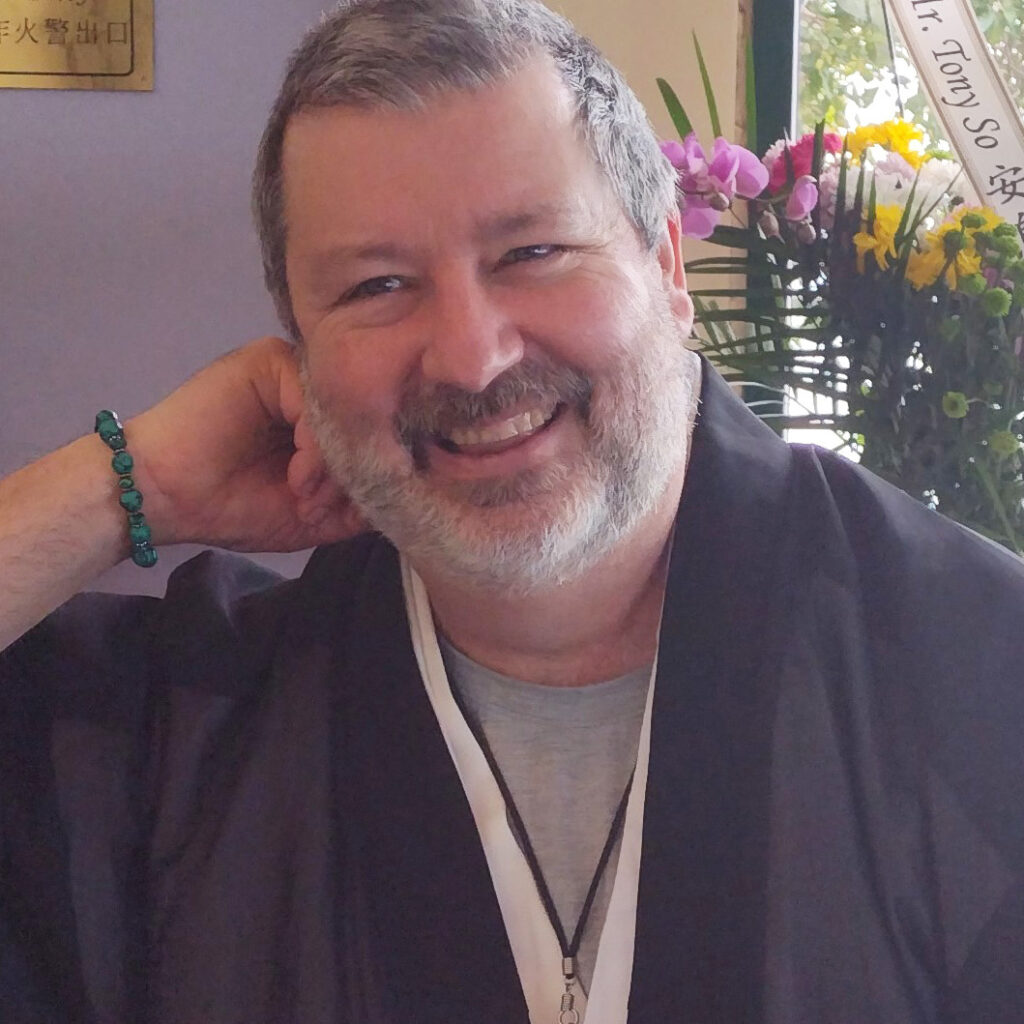
Dan Smyer Yü
Dan Smyer Yü (Ph.D. University of California, Davis) is currently a Global Faculty Member at the Global South Studies Center, University of Cologne, Germany, and serves as a member of the Advisory Group for the Yale Forum on Religion and Ecology and the co-founder/co-director of the Thematic Working Group on Himalayan Environmental Humanities at the Himalayan University Consortium, Nepal. His previous faculty appointments were the Research Group Leader at the Max Planck Institute for the Study of Religious and Ethnic Diversity, Professor/Founding Director of the Center for Trans-Himalayan Studies at Yunnan Minzu University, and Kuige Professor of Ethnology at Yunnan University. His research interconnects the fields of the environmental humanities, religion, and ecology, multispecies indigenous studies, climate change and mass migrations and modern Himalayan-Tibetan studies. His representative publications include Mindscaping the Landscape of Tibet: Place, Memorability, Eco-aesthetics (De Gruyter, 2015), Trans-Himalayan Borderlands: Livelihoods, Territorialities, Modernities (AUP, 2017), Environmental Humanities in the New Himalayas: Symbiotic Indigeneity, Commoning, Sustainability (Routledge, 2021), Storying Multipolar Climes of the Himalaya, Andes and Arctic: Anthropocenic Climate and Shapeshifting Watery Lifeworlds (Routledge 2023), and Himalayan Climes and Multispecies Encounters (Routledge 2024). Aside from academic work, he practices regenerative farming.
